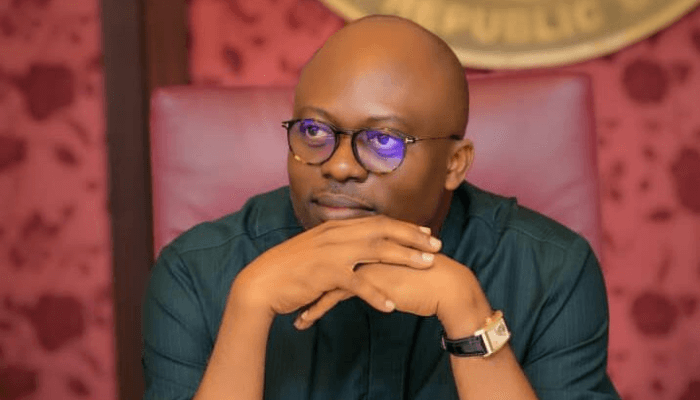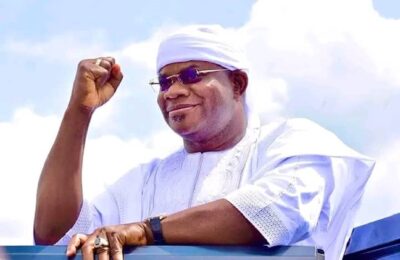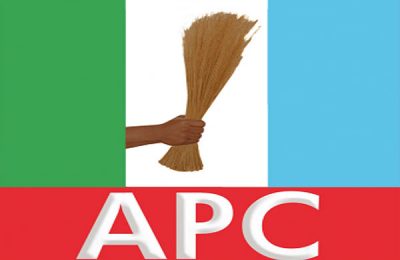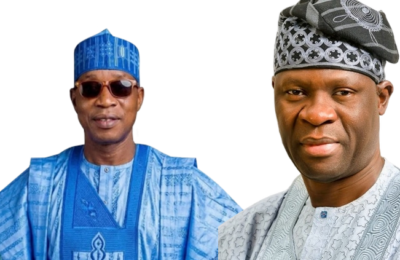When President Bola Ahmed Tinubu declared a state of emergency in Rivers State on March 18, 2025, suspending Governor Siminalayi Joseph Fubara, his deputy, Ngozi Odu, and the entire State House of Assembly, Nigeria was thrown into one of its most controversial constitutional crises in recent memory. Six months later, the President lifted the suspension, and Governor Fubara was reinstated.
The development has restored democratic order in Rivers State, but it has also left behind deep questions about federal overreach, the sanctity of the Constitution, and the future of Nigeria’s fragile democracy.
A Constitutional Overreach
Section 305 of the 1999 Constitution (as amended) empowers the President to declare a state of emergency. However, it does not explicitly permit the suspension of elected officials. The decision to remove Governor Fubara and his deputy for six months stretched the meaning of that section beyond recognition.
The Nigerian Bar Association described the move as unconstitutional, warning that such executive actions undermine the principle of separation of powers. If a sitting governor can be sidelined without impeachment proceedings or judicial review, then no state executive is truly safe from arbitrary federal action.
Politics Disguised as Security
The federal government justified its intervention on grounds of political instability and pipeline vandalism. Yet, it was clear to most observers that the Rivers crisis was more political than security-driven.
Governor Siminalayi Joseph Fubara has been locked in a power struggle with entrenched forces in Rivers politics, particularly the lingering influence of his predecessor, Nyesom Wike. The suspension appeared to many as less of a constitutional necessity and more of a calculated political maneuver to reset control in one of Nigeria’s most oil-rich states.
Reinstatement Is Not Enough
While the reinstatement of Governor Fubara and the lawmakers on September 17, 2025, restored a sense of normalcy, it should not be mistaken as vindication. The damage has already been done.
For six months, Rivers State was administered by a sole administrator, Vice Admiral (Retired) Ibokette Ibas, who sacked commissioners and disrupted governance. Citizens were left without elected representation, and state development suffered setbacks. Governor Fubara now returns to a state weakened by political turbulence and administrative paralysis.
Lessons for Democracy
The Rivers episode teaches Nigeria a bitter lesson: our democracy is still vulnerable. If emergency powers can be invoked to suspend an elected governor, then democratic mandates are at the mercy of political calculations in Abuja.
This calls for urgent constitutional clarity. The National Assembly must review Section 305 to define, in clear terms, the limits of presidential powers during a state of emergency. Elected leaders should not be removed outside the due process of impeachment or judicial intervention. Anything less undermines the very essence of democracy.
The Road Ahead for Rivers
Governor Siminalayi Joseph Fubara must now prove that his reinstatement is not just a symbolic victory. He has to restore governance, rebuild public trust, and demonstrate that the people’s mandate is not about political quarrels but about service delivery.
Rivers State is too strategic—economically, politically, and socially—to be reduced to a battlefield for political gladiators. The citizens deserve stability, infrastructure, jobs, and security, not endless power tussles.
Conclusion
The suspension and reinstatement of Governor Siminalayi Joseph Fubara is a cautionary tale for Nigeria. It highlights the dangers of constitutional ambiguity and the risks of unchecked executive power. While Rivers has returned to normalcy, the precedent remains troubling.
Nigeria’s democracy can only survive if institutions are stronger than individuals, and if the will of the people expressed through the ballot box is respected, even in times of political crisis.
Governor Fubara’s reinstatement should not lull Nigerians into relief—it should awaken us to defend the sanctity of our democratic order.
– Prince Emani Salami writes from Kogi state.




